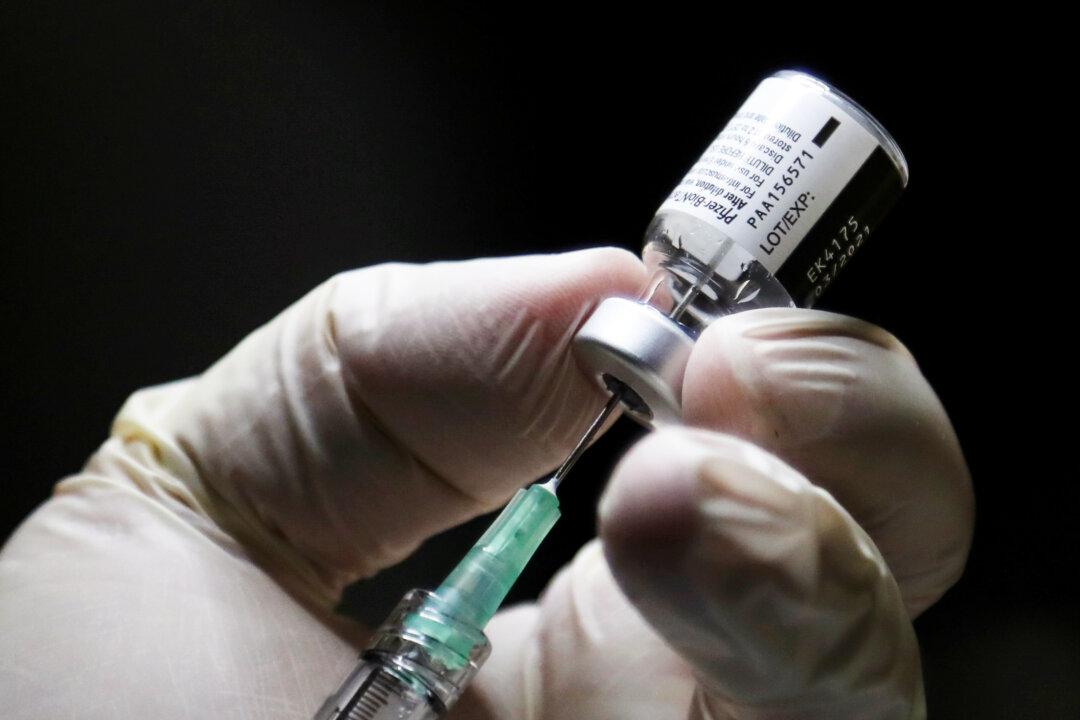The College of Registered Nurses of Saskatchewan (CRNS) has launched a discipline hearing against a nurse accused of abusing her position when she posted on social media against vaccine mandates.
The hearing for Leah McInnes is taking place from Oct. 10 to Oct. 13 in Regina. Ms. McInnes is represented by the Justice Centre For Constitutional Freedoms (JCCF).





